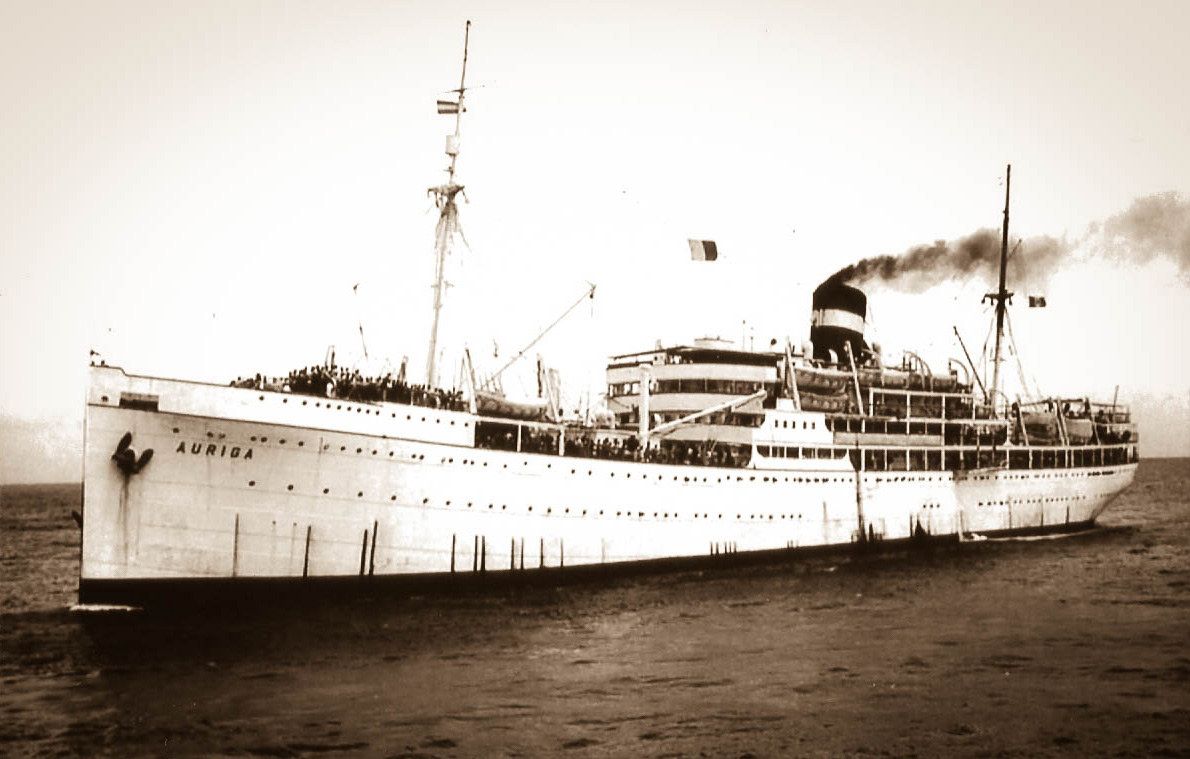What is my place in this world?
It's a question that many people ask at some point in their lives, especially when they are young. Whole communities and even countries frequently ask the same question.
In April 1956, a young Dominican, Tio Mourillon asks schoolteacher, Clara Celestine, where he belongs in the world, how he can make a way for himself during a time of widespread economic difficulty. He believes himself capable of accomplishing much in life, if only his opportunities were not forever thwarted. The search for the answer to the question leads Tio to cross an ocean.
 The land of Tio's origin, Dominica in the West Indies, is asking itself that question in 1956. Its people were taught from a young age that its countrymen were beloved sons and daughters of the British Empire. The island looks to its neighbours, Guadeloupe and Martinique, to see that they have fared better in their relationship with France, their European partner. The nation begins to ask itself - 'why do we not tell our own story, rather than being a minor prop within someone else's?'
The land of Tio's origin, Dominica in the West Indies, is asking itself that question in 1956. Its people were taught from a young age that its countrymen were beloved sons and daughters of the British Empire. The island looks to its neighbours, Guadeloupe and Martinique, to see that they have fared better in their relationship with France, their European partner. The nation begins to ask itself - 'why do we not tell our own story, rather than being a minor prop within someone else's?'
Tio's destination, Britain, is also asking the same question - where does it fit in the world? The kaleidoscope has been shaken after WW2. The British Empire is fast disappearing and morphing into the Commonwealth of Nations. The Colonial Office and the Ministry of Labour debate what, if any, responsibility it bears to the incoming 'colonials' and how to deal with them. The establishment consensus is that the Empire is in decline and their role is simply to manage that process. In doing so ‘mother country’ needs to rebuild and consolidate, and in order to do so it requires voluntary workers from Eastern Europe and perhaps some from beyond Europe. Thus the door of opportunity is opened to the Caribbean islanders. In the eyes of many such as Tio, it is a lifeline. In the eyes of some, especially the younger generation in the UK, the newcomers are an exotic breath of fresh air. In the eyes of others, however, the barbarians are at the gate.
The British steel industry and the towns built upon it such as Scunthorpe are confident they know where they belong in the world in 1964. Large corporations such as United Steels Companies are about to be swallowed up in a swathe of nationalisation. They are about to boom into the forefront of the 'white heat of technology'. Skilled and unskilled labour is required from far and wide to feed the industry's insatiable appetite. Skip forward to 2010 and it is a very different story for the industry and the town. Having played its part in strengthening the bone structure of the nation for a century-and-a-half, the people of the town are now rightly concerned as they look to the future.
In 1964, Tio’s friends and colleagues, steelworkers Wyn, Ted and Philip do not concern themselves with philosophical questions. Necessity dictates that, for now, their place is the steelworks with its camaraderie, its lucrative pay, and ever-present danger. It gives Tio, for one, opportunities to improve his life beyond anything previously available to him.
The protagonist, Tio Mourillon, is based upon my father, Max LeBlanc. Tio was his pet name as a child. Mourillon was his mother’s maiden name. The book is not biographical. It is a story based on many real-life events.
I am a Stranger in a Strange Land is a book about people, towns and countries asking themselves the question: what is my place in this world? And it’s about one man who is trying to establish his.








